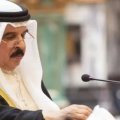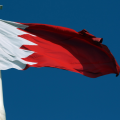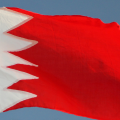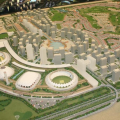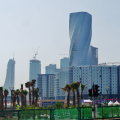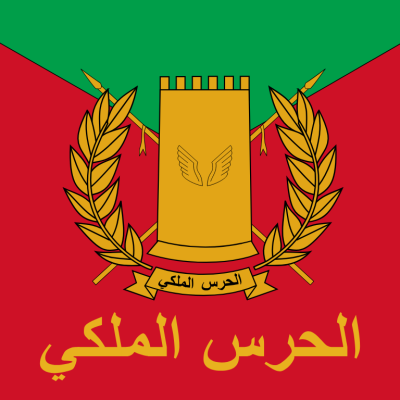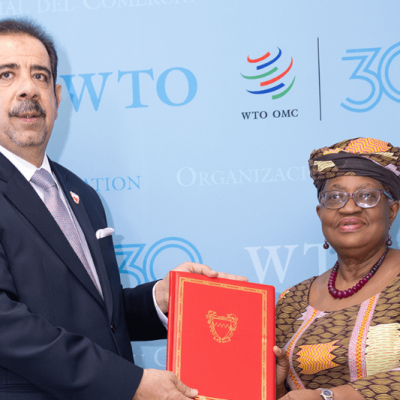Bahrain’s Non-Oil Sectors Lead the Way in Post-Pandemic Recovery
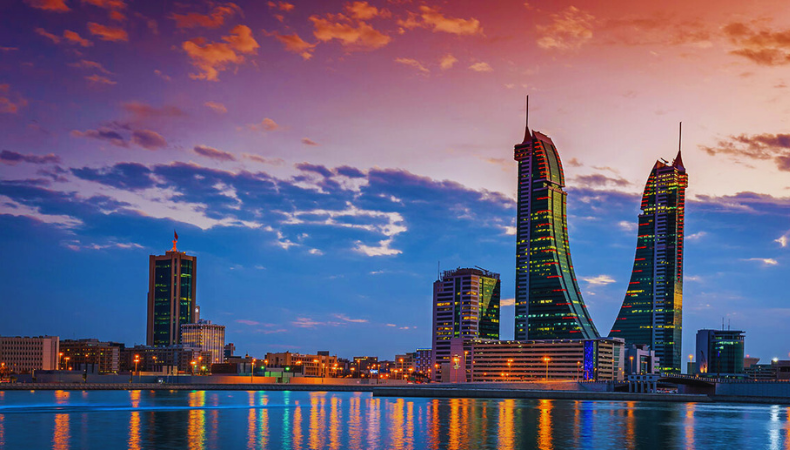
Bahrain, the small island nation in the Persian Gulf, has shown remarkable resilience and growth in the aftermath of the COVID-19 pandemic. According to the latest report by the Economic Development Board (EDB), Bahrain’s economy expanded by 3.4% in the first quarter of 2024, compared to the same period in 2023. The main driver of this growth was the strong performance of the non-oil sectors, which grew by 5.9% year-on-year, and accounted for 81.4% of the total GDP.
What are the non-oil sectors?
The non-oil sectors are the economic activities that do not depend on the extraction and export of crude oil and natural gas. These include industries such as manufacturing, construction, tourism, financial services, telecommunications, and others. Bahrain has been diversifying its economy away from oil for decades, and has developed a reputation as a regional hub for business and innovation.
The non-oil sectors have proven to be more resilient and adaptable to the changing market conditions and consumer preferences caused by the pandemic. For instance, the manufacturing sector grew by 9.2% year-on-year, boosted by the increased demand for aluminum, chemicals, and plastics. The construction sector grew by 6.8% year-on-year, supported by the ongoing infrastructure projects and the government’s stimulus package. The tourism sector grew by 4.7% year-on-year, benefiting from the gradual reopening of borders and the introduction of the Bahrain Tourism Passport, which offers incentives and discounts to visitors.
How did the government support the non-oil sectors?
The government of Bahrain has played a vital role in supporting the non-oil sectors during and after the pandemic. The government implemented a series of measures to mitigate the economic and social impact of the crisis, such as providing wage subsidies, tax exemptions, fee waivers, and loan guarantees to businesses and individuals. The government also launched a USD 11.4 billion stimulus package, equivalent to 28.8% of the GDP, to boost the liquidity and solvency of the private sector.
The government also continued to invest in the development and diversification of the non-oil sectors, by enhancing the business environment, promoting innovation and entrepreneurship, and attracting foreign direct investment. The government also partnered with the private sector and international organizations to implement various initiatives and projects, such as the Bahrain Fintech Bay, the Cloud First Policy, the National Employment Program, and the Bahrain Metro.
What are the prospects for the non-oil sectors?
The prospects for the non-oil sectors in Bahrain are bright and optimistic, as the country recovers from the pandemic and prepares for the post-pandemic era. The EDB forecasts that the non-oil sectors will grow by 3.8% in 2024, and by 4.1% in 2025, driven by the sustained demand and investment in the key industries. The EDB also expects that the non-oil sectors will contribute to the creation of more than 25,000 new jobs by 2025, and to the improvement of the living standards and well-being of the population.
Keep Reading
The non-oil sectors will also benefit from the regional and global opportunities and challenges that will emerge in the coming years, such as the Expo 2020 Dubai, the FIFA World Cup 2022 in Qatar, the Vision 2030 in Saudi Arabia, the energy transition, the digital transformation, and the sustainable development goals. Bahrain is well-positioned to leverage its competitive advantages and strategic partnerships to capitalize on these opportunities and overcome these challenges, and to achieve its vision of becoming a leading, diversified, and inclusive economy.
Bahrain’s non-oil sectors have led the way in the post-pandemic recovery, demonstrating their resilience, growth, and diversification. The government has supported the non-oil sectors with various measures and initiatives, and has invested in their development and innovation. The non-oil sectors have also contributed to the economic and social progress of the country, and have opened up new horizons and possibilities for the future. Bahrain’s non-oil sectors are the engine of the country’s economy, and the source of its pride and prosperity.

